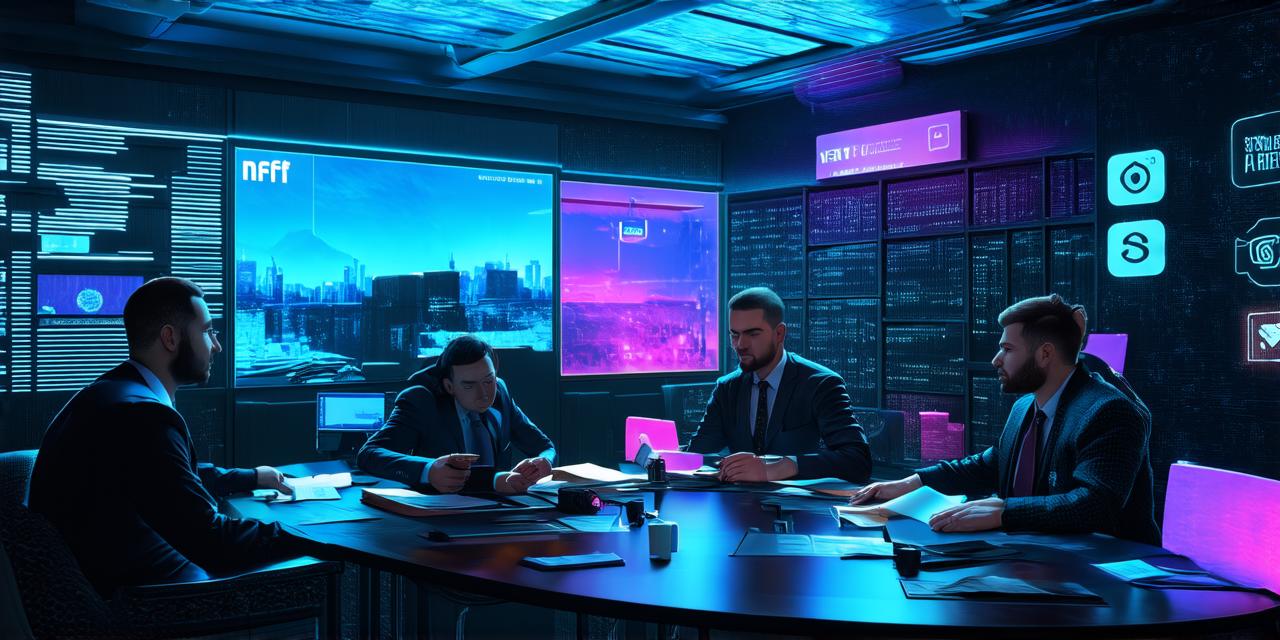As non-fungible tokens (NFTs) have gained popularity in recent years, more and more games are incorporating them into their gameplay. However, as with any new technology, there may be questions about the legality of playing these games. In this article, we will explore the legal considerations surrounding NFT games and provide a comprehensive guide to help you navigate the landscape.
Understanding NFT Games
Before diving into the legalities of NFT games, it’s important to understand what they are. NFTs are unique digital assets that are stored on a blockchain. They can represent anything from art and collectibles to in-game items and more. NFT games use these tokens to create a sense of ownership and rarity for players, often allowing them to buy, sell, and trade items within the game.
The Legal Considerations Surrounding NFT Games
Now that we understand what NFT games are, let’s explore the legal considerations surrounding them.
Intellectual Property Rights
One of the biggest concerns when it comes to NFT games is intellectual property rights. The creator of an NFT game may hold copyright and trademark rights to the game’s artwork and other assets. Players must be careful not to infringe on these rights by creating or distributing copies of the game without permission.
Gambling Regulations
Another consideration when playing NFT games is gambling regulations. Some NFT games may involve elements of chance or skill-based betting, which can trigger gambling regulations in certain jurisdictions. Players must be aware of their local laws and regulations before participating in any NFT game that involves gambling.
Securities Regulations
NFTs have been classified as securities by some regulatory bodies, which means they are subject to securities regulations. This can include rules around how NFTs can be sold, traded, and marketed. Players must comply with these regulations when buying, selling, or trading NFTs.
Age Restrictions
Finally, age restrictions may apply to certain NFT games. Children under a certain age may not be allowed to participate in games that involve gambling or other mature content.
A Comprehensive Guide to Navigating the Legal Landscape of NFT Games
Now that we have explored the legal considerations surrounding NFT games, let’s provide a comprehensive guide on how to navigate the legal landscape.
Research Local Laws and Regulations
The first step in navigating the legal landscape of NFT games is to research local laws and regulations. This will help you understand what is and isn’t allowed in your jurisdiction and ensure that you are complying with all applicable laws.
Read the Game’s Terms and Conditions

Before playing any NFT game, it’s important to read the game’s terms and conditions carefully. These documents will outline the rules and regulations of the game, including intellectual property rights, gambling regulations, securities regulations, and age restrictions.
Be Cautious When Creating or Distributing Copies of the Game
When creating or distributing copies of an NFT game, be cautious not to infringe on the creator’s intellectual property rights. This may include obtaining permission from the creator or using open-source versions of the game.
Comply with Securities Regulations When Buying, Selling, or Trading NFTs
When buying, selling, or trading NFTs, be sure to comply with all applicable securities regulations. This may include registering with regulatory bodies and following rules around how NFTs can be marketed and sold.
